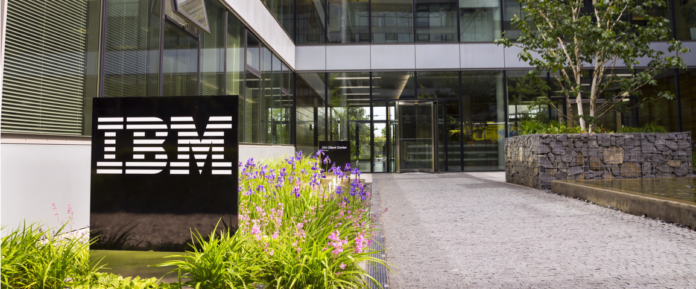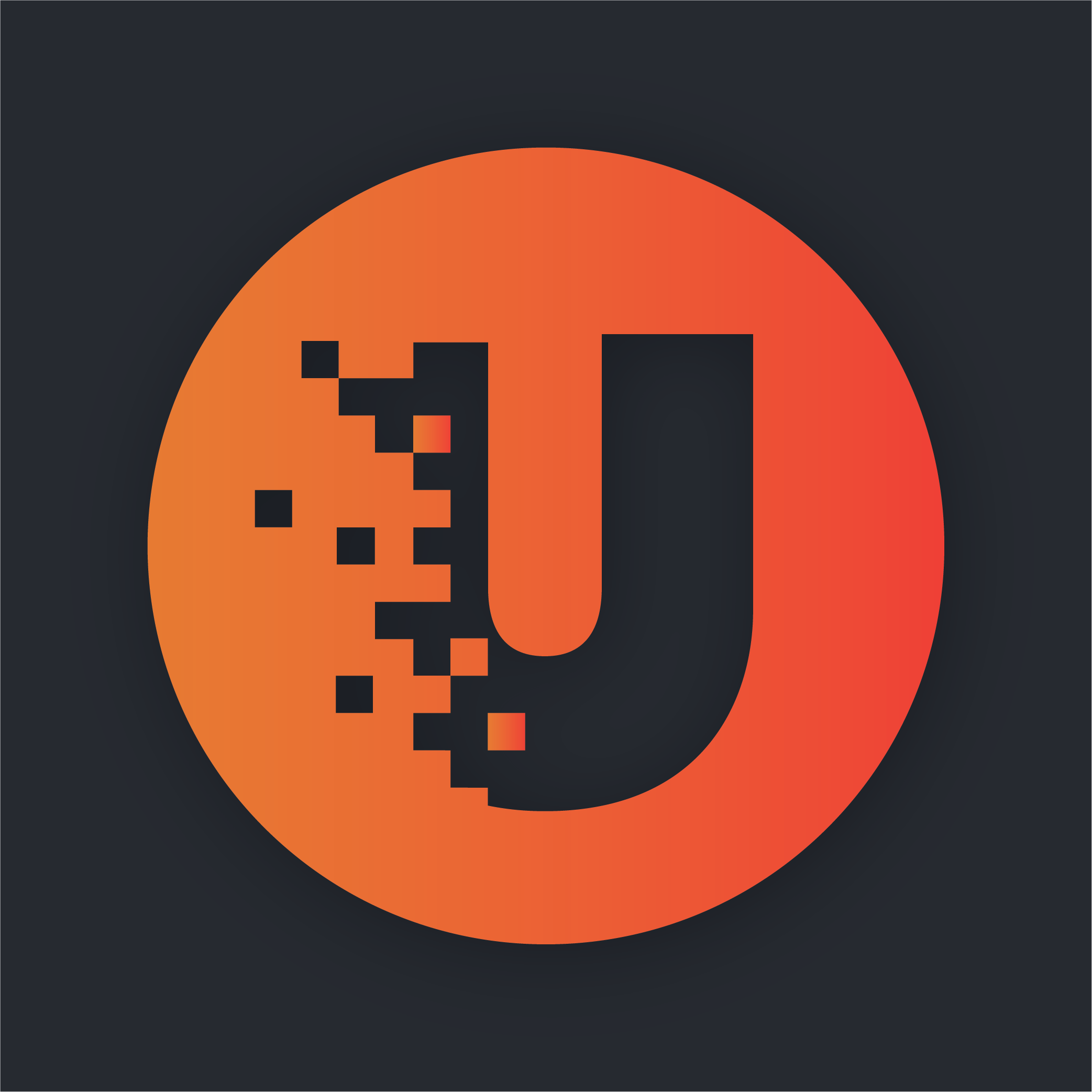
IBM’s delve into blockchain technology is expanding. Having been in testing for 18 months, the company is launching its blockchain-based “food traceability platform” for commercial use, according to Forbes.
Revolutionizing Supply Chain
IBM’s new system enables food “retailers, wholesalers, and suppliers” across the world to track their product supply chains. Known as the “IBM Food Trust” platform, it was originally tested to trace mangoes through a traditional supply chain process. In September, the testing expanded to Walmart, who required lettuce and spinach suppliers to implement the system to “pinpoint contamination,” as reported by the New York Times.
Now that it is available to the world, this system is one of the first enterprise blockchains to launch at such a scale. Bridget van Kralingen, senior vice president for IBM’s Platforms and Blockchain, commented on the launch:
“The currency of trust today is transparency and achieving it in the area of food safety happens when responsibility is shared. That collaborative approach is how the members of IBM Food Trust have shown blockchain can strengthen transparency and drive meaningful enhancements to food traceability. Ultimately, that provides business benefits for participants and a better and safer product for consumers.”
Initial participants include Nestle, Kroger, Tyson Foods, Unilever, Carrefour, Topco Associates, Wakefern, BeefChain, Smithfield, and Dennick Fruit Source.
Brigid McDermott, vice president of IBM Food Trust, claims the project is monumental as it “successfully overcomes five critical barriers to enterprise blockchain implementation.” The five barriers consist of:
- Creating an ecosystem.
- Building a business model that ensures everyone benefits.
- Establishing a proper governance model for secure data and rights.
- Confirming interoperability with other platforms.
- Constructing the system on top of tried-and-true enterprise technology.
Delivering On A Promise
By delivering on these five promises, all participants can be sure their investment will offer returns.
“At the end of the day, you can’t force people to do something that’s not in their own best interest,” explains McDermott to Forbes. “There has to be a fundamental ROI to join. From the beginning, we’ve had that driver.”
One ROI example includes Carrefour’s “Act for Food” program. By participating in the Food Trust initiative, Carrefour is building trust with its consumers due to transparency.
Most importantly, the IBM Food Trust provides the power to spot precisely where products have been tarnished and which must be recalled. This is a process that is nearly impossible with traditional supply chain methods.
“What this should mean for consumers is that recalls stop being scare tactics, which is what they’ve been in the past and what they’ve had to be,” adds McDermott.
The platform is made up of three parts: tracing, certification, and data entry/access. The tracing segment follows products cross-border and throughout the ecosystem. The certification module verifies products in their specific category such as organic or fair trade. Finally, data entry and access provides a way for participants to upload and supervise their data in the system.
Additionally, the Food Trust platform is built for more than just retailers and suppliers. Technology suppliers and other relevant participants can benefit as well. IBM’s innovation is designed on top Hyperledger Fabric – a protocol designed to work with the standard food industry framework: GS1.
Providing To Others
Another example of the platform in action, Dole is using IBM’s framework in tandem with a “grower-owned partner,” Centricity, for auditing purposes.
“By simplifying on-farm and front-office reporting and putting data on the blockchain, IBM Foot Trust has helped Dole unlock the value of compliance data across our suppliers and partners in a cost-effective way,” explains Natalie Dyenson, vice president of Dole’s food safety and quality division. Other third parties include 3M and Emerson.
Undoubtedly, IBM’s new method will prove blockchain has more use cases beyond digital currency payments. This process will likely lead to a broader acceptance of blockchain technology and its potential, while nullifying naysayers’ criticisms.
Right now, the tracing and certification modules start at $100/month, with different tiers for small, mid-size, and large businesses. Data access and entry will be free, however.
McDermott finishes with a statement defending blockchain and promoting IBM’s inventiveness:
“I’m not a food safety expert, I’m an ex-McKinsey consultant, but I don’t think I’ve seen anything that’s as powerful of a tool as blockchain.”
For the latest cryptocurrency news, join our Telegram!

Unhashed.com is author of this content, TheBitcoinNews.com is is not responsible for the content of external sites.
Our Social Networks: Facebook Instagram Pinterest Reddit Telegram Twitter Youtube











